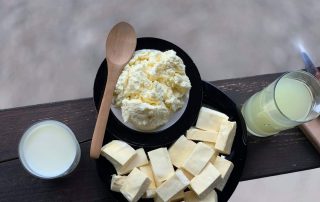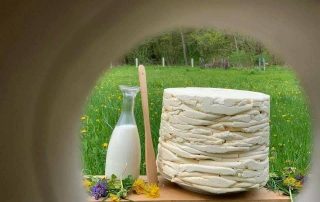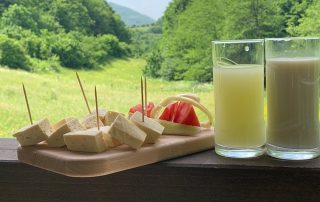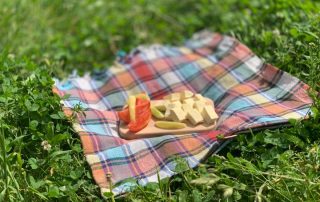Source: web portal WeBalkans.eu
While it is common to hear of people leaving the countryside for jobs in the cities in Bosnia and Herzegovina , the reverse is more unusual. One of those to do so is 38-year-old, Rubina Dzanovic. Rubina graduated in Graphic Design, but she had never managed to get a job. A native of Sarajevo, Rubina had always lived in the capital until a devastating multiple sclerosis diagnosis changed her life-course.
“I was well psychologically. However, my physical condition was dire – it is a chronic illness. I was in pain, and I could not sleep at night,” she says. As a way of easing the pain, doctors advised spending some time in the clean air of the countryside. Subsequently, Rubina began to pay regular visits to her mother’s village, which has a thermal spring. “Every time I went to the village, I felt better. As a result, we started to spend more time there, and at some point, my husband and I decided to move to the village for good,” she says.
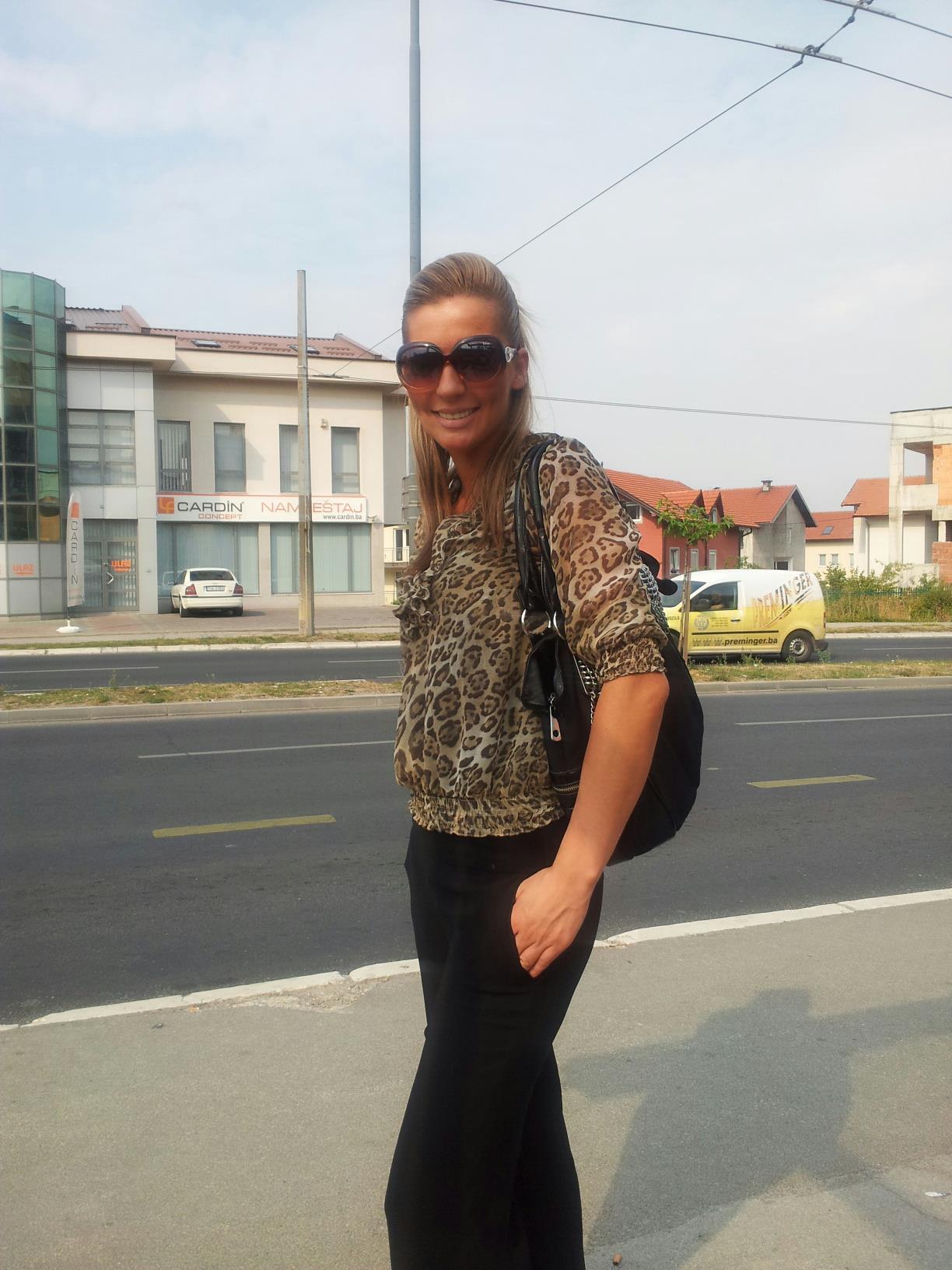
“Every time I went to the village, I felt better. As a result, we started to spend more time there, and at some point, my husband and I decided to move to the village for good”
A little help goes a long way
Moving from the city to the countryside was not without its challenges. With some savings, the family bought a cow and began subsistence farming. But realistically, they needed to find a way to earn a living. Developing a farming business seemed like an obvious choice, and encouraged by one of their neighbours, they purchased some more cows and began making homemade cheese. This proved popular, and while sales were good, an ever-increasing workload called for additional support.
Although Rubina is not a big fan of social media platforms, she occasionally checks her Facebook page. On one occasion, an advertisement caught her attention – an EU-funded call for proposals under the ‘P.O.W.E.R.’ project, implemented by Caritas Bosnia and Herzegovina, which supports the employment of people with disabilities.
After a discussion with her husband, they agreed to seek more information. As the local implementing organisation for the project, Rubina got in touch with Caritas Bosnia and Herzegovina. They confirmed her eligibility and explained that application procedure was actually quite simple. Deciding she had nothing to lose, Rubina set about creating a proposal and submitted her application.
To become more efficient, what they really needed was a two-wheel tractor. That would allow them to devote more time to increasing their milk yields and cheese production, and expand their range of products. “Thanks to the project, we received a two-wheel tractor which has proven to be of tremendous help. My husband can now perform many farming tasks faster and more efficiently. Simply put, this has been of great support to us,” Rubina says happily.
Rubina’s company, ‘Rubi Milk’, mainly sells its homemade cheese and milk by delivery-to-order in Sarajevo. Thanks to the two-wheel tractor, they have recently expanded into growing vegetables. “People are interested in organic and home-grown produce, so we thought – ‘why not add fresh and naturally-grown vegetables to our list of products?’ It proved to be an excellent idea, as our clients love it. Now we deliver fresh vegetables along with the cheese.”
“With proper support, and the right opportunities, people with disabilities can make significant contributions to society.”
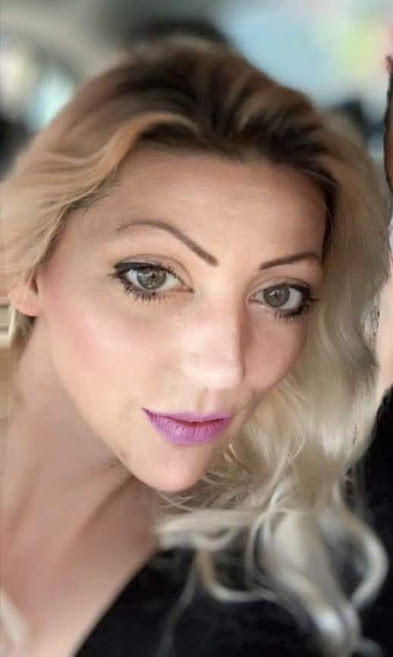
Offering the right opportunities
For many people with disabilities or health conditions, finding and sustaining work is a challenge. Zlatko Mihalic from Caritas Bosnia and Herzegovina explains that their goal with P.O.W.E.R. is to demonstrate to society that people with disabilities have the same right to access work opportunities as their counterparts without disabilities.
“With the proper support, and by offering the right opportunities, people with disabilities can make significant contributions to society. But they face many challenges, ranging from an ever-present stigma to inadequate support tools.” With proper support, beneficiaries can expand and grow their businesses and lives.
The P.O.W.E.R project was implemented as part of the EU Cross-Border Cooperation Programme in Bosnia and Herzegovina – Montenegro. More than 100 people with disabilities have benefitted from the project by increasing their professional capacities through mentorship and training, direct support for purchasing equipment, career guidance, usage of an interactive platform for career development and the employment of people with disabilities, and direct employment support.



